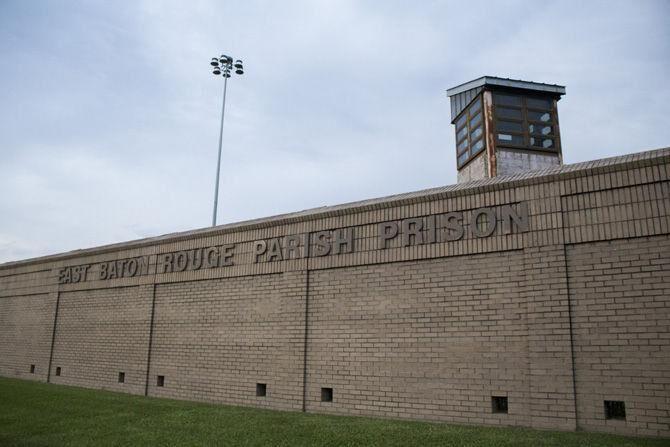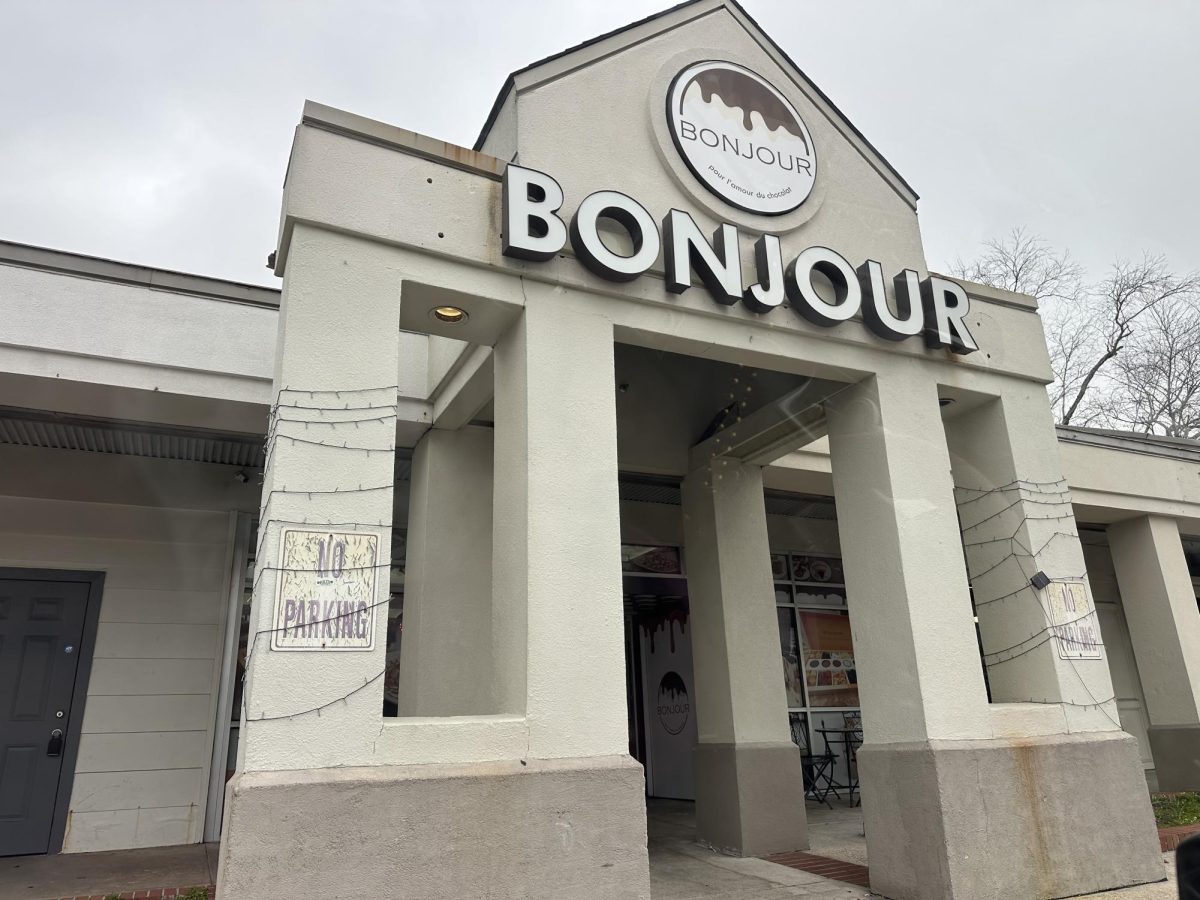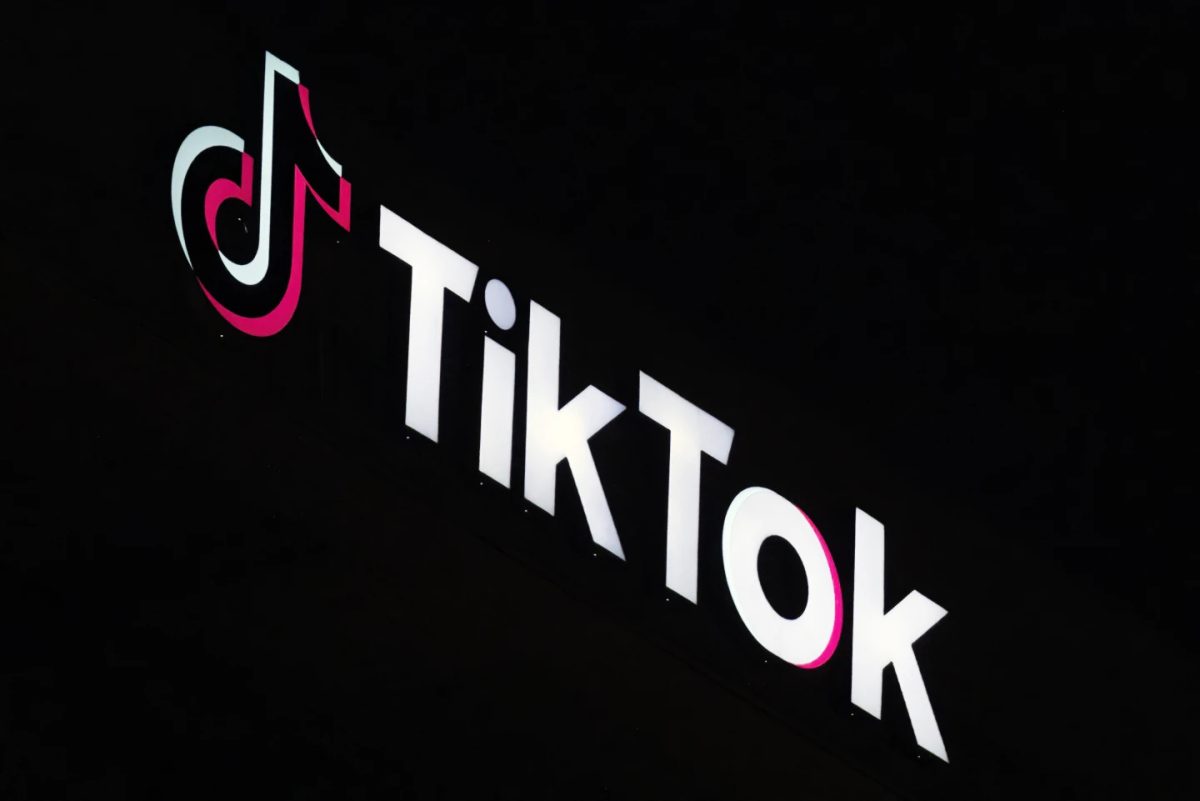Editor’s Note: A previous version of this column incorrectly described Tammy Millican as the manager of the University’s prison labor program; this has since been corrected.
As recently as Nov. 2019, our administration has admitted to using prison labor for landscaping and other on-campus duties.
Students may not have noticed these workers, who are primarily kept in secluded areas of campus and work “mainly on the weekends.” Speaking to The Reveille last year, Executive Director of Facility and Property Oversight Tammy Millican explained, “We’re very careful not to put them in the more populated areas of campus.”
One area you likely recognize, Mike’s habitat, is serviced by unpaid inmates once a month.
There is a perceptible stain on convicts that doesn’t extend to you and me despite our own indiscretions. What are the offenses that these men deserve to be enslaved for? You or someone you know has most likely fallen behind on a loan payment, violated traffic laws, shoplifted, or illegally bought or sold drugs (there surely are violent offenders among our student body too, including sexual harassers and abusers), yet neither you nor they are in a jumpsuit right now digging trenches in the Louisiana heat. Why do you think that is?
To explain why I consider prison labor interchangeable with indentured servitude and slavery, allow me to point to the 13th Constitutional Amendment which states:
“Neither slavery nor involuntary servitude, except as a punishment for crime whereof the party shall have been duly convicted, shall exist within the United States, or any place subject to their jurisdiction.”
Essentially, as a citizen of the United States, you’re subject to conditions wherein the state can exploit labor from you under the pretense that you have committed a crime. Following your conviction, you may be sent to a private prison in which the state allows your indentured servitude. In other words, the state still permits your dehumanization under federal, state and private oversight.
African Americans and Hispanics make up 56% of the United States prison population and are incarcerated at over double the rate of their white counterparts. It’s not hard to understand this racial disparity when examining the history of policing and prosecution–both are political tools that have been reformed and weaponized in reaction to civil rights movements since the 19th century.
Since 1997, the University has chosen to exploit free labor from convicts rather than circulate money into the surrounding community by paying fair union prices for hard labor, a blunt ploy on the administration’s part to save money.
However, they attempt to contend this fact with their ongoing mission to serve the community. As a wealthy institution, the University can afford to meaningfully service and provide for its surrounding population. Bussing in ousted community members to involuntarily labor away is not service it’s exploitation. An institution that can afford to build high-tech locker rooms and lazy rivers is one that can fairly compensate local contractors.
Our campus sits alongside Baton Rouge’s historically Black neighborhoods, yet the administration chooses to feed into the arguably bloated correctional system rather than hire within the community and promote economic growth.
While others on campus may be concerned with ensuring their safety around inmates or padding out the University’s landscaping budget, I’m concerned with the administration’s insistence on slave labor and what that entails specifically for Black students.
At this moment in time, “Black Lives Matter” is an arguably political stance and one the University claims to take. But an institution that rents out the unpaid hard labor of mostly Black men is distinctly at odds with the anti-racist movement of today.
White individuals in a predominately white institution vouching for the unpaid labor of Black men is a profound marker of how little progress we’ve made. Any justification founded on the prospect of saving this well-endowed University money is ignorant of the clear racial dynamics at play.
This is a racially and politically diverse campus. For many, that means finding the right forum to air out your grievances. For BLM supporters, that means reconciling your beliefs with the University’s insistence on exploiting the labor of an over-policed demographic.
For Black students, it means separating your own Blackness from that of the ever-present laborers in your periphery.
For over two decades, the University has relied on slavery to maintain a sightly campus–one at which minority students should feel welcome. Any institution that profits off the unpaid labor of downtrodden minorities is racist and should be treated as such.
Kevin Doucette is a 20-year-old political science junior from New Orleans, LA.
Opinion: University must abolish its long-standing use of prison labor
August 30, 2020
Baton Rouge Parish Prison








